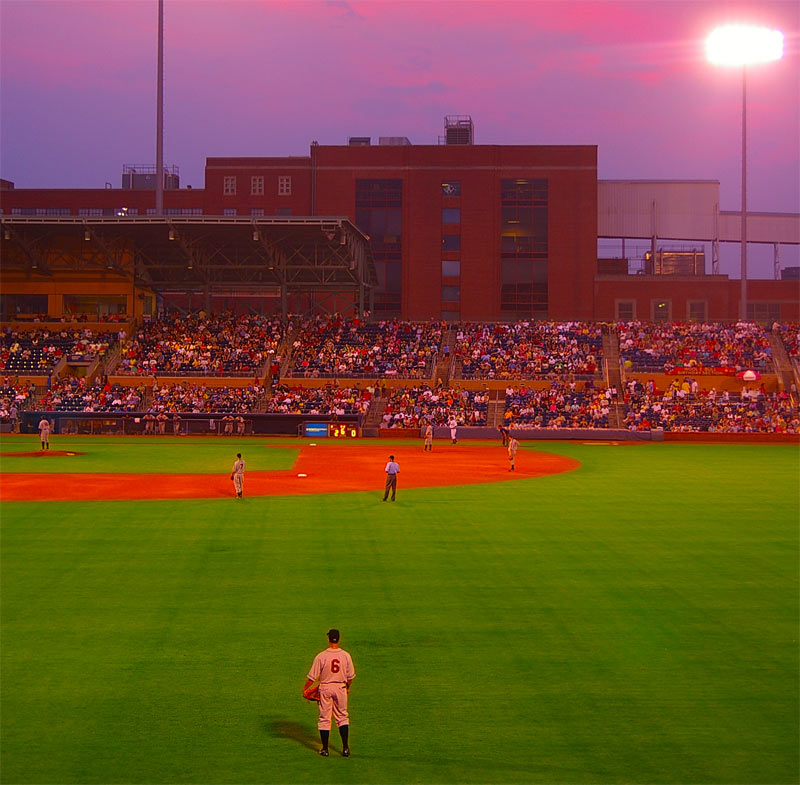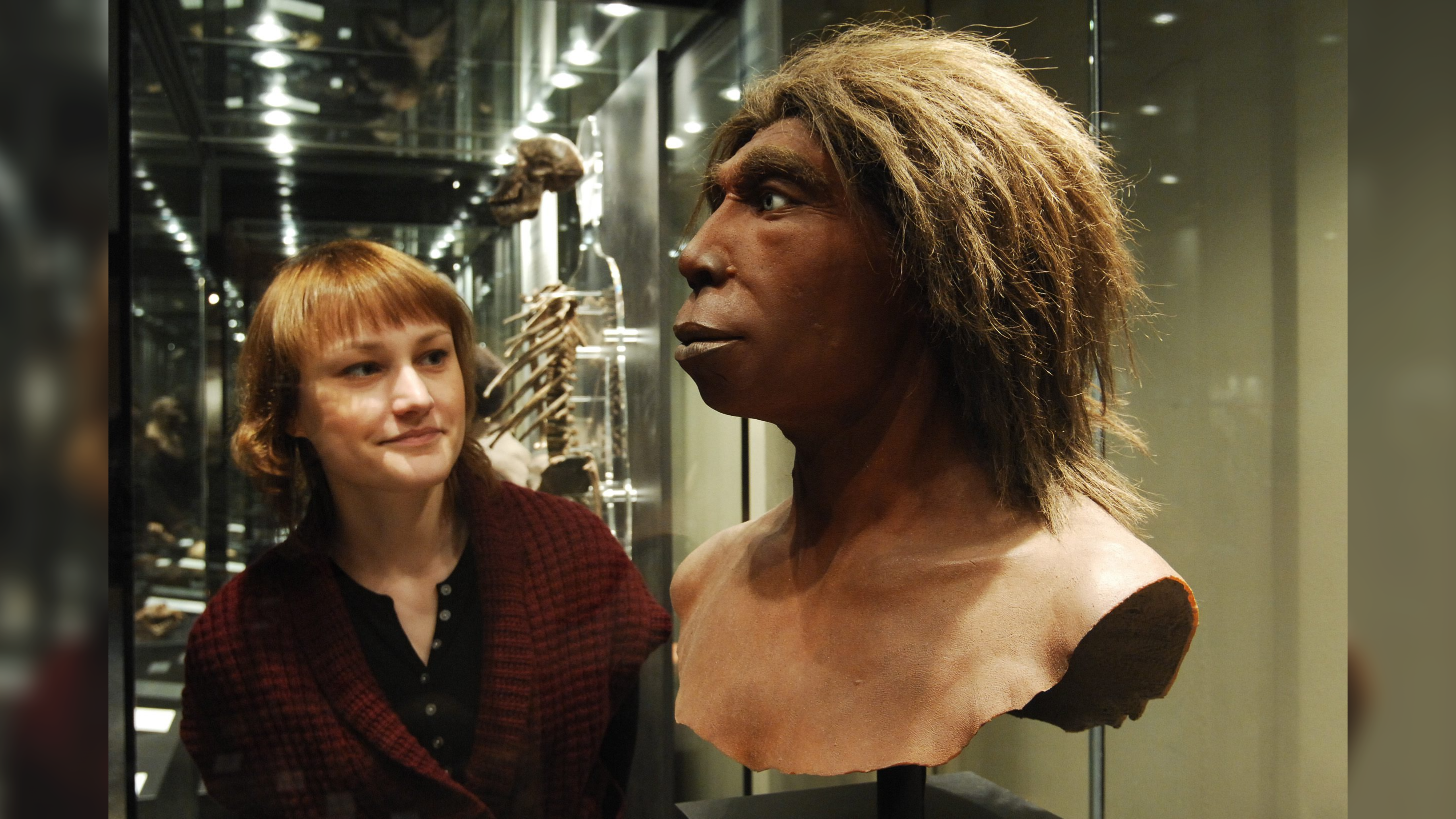To Hit Homers, Night Owls Should Play in the Evening

Get the world’s most fascinating discoveries delivered straight to your inbox.
You are now subscribed
Your newsletter sign-up was successful
Want to add more newsletters?
Join the club
Get full access to premium articles, exclusive features and a growing list of member rewards.
Whether you're building a fantasy baseball team or scheduling your own sporting event, it might pay to take sleep schedules into account.
According to a preliminary study of Major League Baseball players, whether you're an early bird or a night owl helps predict how well you'll perform at morning or evening games. Morning larks hit better before 2 p.m., according to the study to be presented today (June 13) at the annual meeting of the Associated Professional Sleep Societies LLC in Minneapolis.
Likewise, night owls hit more accurately after 2 p.m., with their advantage only growing after 8 p.m.
More research is needed to confirm the findings, but they are consistent with earlier work finding that night owls stay alert longer than their morning-loving counterparts.
"These results are important as they create an entirely new way to look at athletic talent," study researcher W. Christopher Winter of the Martha Jefferson Hospital Sleep Medicine Center in Charlottesville, Va., said in a statement. "Currently, selecting a player for a game situation usually involves factors such as handedness, rest, and possibly previous success against a certain team. Now, the time of day in which the game is occurring … might be a wise factor to take into account."
The study followed 16 players from the Houston Astros, Los Angeles Angels, Los Angeles Dodgers, Pittsburgh Pirates, St. Louis Cardinals, San Francisco Giants and Toronto Blue Jays. Each player completed a questionnaire to determine whether he was a morning or evening type. Nine players turned out to be night owls, while seven preferred an "early to bed, early to rise" lifestyle.
Using statistics from the 2009 and 2010 baseball seasons, the researchers analyzed the players' batting performances, adjusting for time zone changes with the idea that it takes one day to adjust to each hour's change. (They looked at each player's batting average, a ratio of base hits to official times at bat.)
Get the world’s most fascinating discoveries delivered straight to your inbox.
Players who were morning types had a higher batting average (.267) than players who were evening types (.259) when games started before 2 p.m. However, after 2 p.m., evening types got the advantage, batting .261 in midday games compared with .252 for morning types. After 8 p.m., evening types pulled ahead more, batting .306 while morning types stayed stagnant at .252.
"Our data, while not statistically significant due to low subject numbers, clearly shows a trend toward morning-type batters hitting progressively worse as the day becomes later, and evening-types showing the opposite trend," Winter said.
You can follow LiveScience senior writer Stephanie Pappas on Twitter @sipappas. Follow LiveScience for the latest in science news and discoveries on Twitter @livescience and on Facebook.
 Live Science Plus
Live Science Plus











